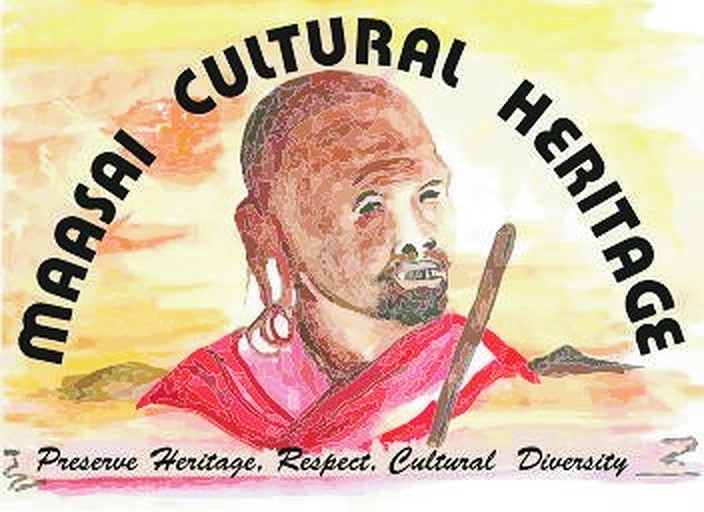Documentation by cultural heritage recording for preservation and protection of traditional cultural expressions and knowledge
Traditional cultural expressions – music, the performing arts, designs and oral narratives – are a pervasive part of the lives of indigenous communities. While many such cultural expressions are in danger of disappearance a number of, valuable initiatives are underway including the recording and digitizing of cultural expressions and making them available to the communities themselves and the public at large.
However, the recording, digitization and making available of cultural expressions can place them at risk in terms of their legal protection against illegitimate and inappropriate uses, including commercialization, by third parties. This may often be because traditional cultural expressions regarded as “public domain” by intellectual property laws. In this sense, the valuable process of preservation of intangible cultural heritage can trigger concerns about its lack of legal protection in the intellectual property sense.
On the other hand, cultural resources constitute not only an essential value for the communities themselves but also a resource with a potential commercial value. The challenge is thus not only to prevent the unauthorized use of cultural heritage but also to positively use it for income-generation purposes through, inter alia, adequate benefit-sharing arrangements within the communities.
A number of indigenous communities are exploring to what extent existing intellectual property right mechanisms, such as patents, trademarks and copyright, can provide adequate protection for traditional knowledge and cultural expressions. This implies a series of challenges:
It is necessary to identify and/or define the legal entity which will represent the rights-holders. In this regard, it is necessary to test approaches and principles for the enhanced protection of traditional cultural expressions for the benefit of the community as a whole as well as protecting and encouraging individual expressions. This includes gathering information about the cultural expressions and classifying, cataloguing and archiving these in such a way as to take into account intellectual property issues. For example, fieldwork data sheets and recording logs related to the recording of music could contain new fields of information on relevant customary laws, cultural and social context and origins of the music, which would subsequently facilitate appropriate identification of beneficiaries and appropriate forms of acknowledgement and benefit-sharing.
The project could also test other valuable ideas for enhanced recognition and benefit-sharing, such as ideas for a “Public Domain Commission.”Wend, I´m not familiar with this idea, please detail if we should include it.
Issues of access, control and ownership of ethnographic collections are also brought into focus as indigenous communities are increasingly active participants in interpreting, recording and presenting their own intangible cultural heritage. Practical approaches may involve assigning and/or licensing of rights to a relevant institution (such as a cultural heritage institution or museum) or wherever possible to the source community itself, and assisting such institution or community to exercise and manage its rights in accordance with its own wishes and strategies.
In the longer-term, an online “library” or “conservatory” of cultural expressions could be envisaged. This could include new recordings or digitized and restored recordings already existing in public collection-holding institutions such as museums, archives and libraries, or by private collectors. Access to these recordings by the general public would require payment of a fee, which would enable equitable benefit-sharing and the payment of royalties to the source communities and other appropriate beneficiaries. Access to the recordings by the communities themselves would be free and subsidized access could be provided for educational and scholarship purposes. At all times, the “library” or “conservatory” would provide reassurance that the recordings will be used in ways fair to and respectful of the source communities and in ways that promote understanding of and respect for the world’s diverse cultures, rather than as mere “public domain” objects.
With regards to the recording of music, copyright and related rights might vest in:
- The underlying productions being recorded;
- First-time recordings and digitizations of the underlying oral cultural expressions otherwise in the “public domain”;
- Information about and accompanying the recordings, and,
- The collection (or “library”) itself by virtue of rights vesting in databases and compilations.
In this context, full understanding of the precise relationship between copyright and related rights and digitization initiatives is necessary as this is still an unsettled area of law internationally. This is particularly pertinent because new rights vesting in digitizations of cultural expressions which are regarded as “public domain” would provide perhaps the only property right which could be assigned or licensed to the source communities and thus act as the benefit-sharing mechanism.
In the case of the Laikipia Maasai, there is an interest in exploring to what extent intellectual property issues are relevant to efforts to better protect, manage, strengthen and promote their cultural heritage. Specifically, the community has expressed interest in exploring the use of trademark to promote handicraft (particularly beadwork done by women), copyright for the protection of music and songs and patents in the context of traditional medical knowledge.
Of particular concern is third parties using the Maasai identity and cultural resources as a marketing tool to increase their income without any benefits to the Maasai. Possible intellectual property rights in names and words (such as “Maasai”) need to be explored, as one of the concerns of the community is the use of the Maasai identity by unauthorized third parties (such as the Land Rover Freelander Maasai). Reservation of the name Maasai for an authorized web domain name could also be studied.
Furthermore, in Kenya, a Task Force on Traditional Knowledge has been set up, under the office of the Attorney General (Wend, please fill in here or send me the ToR for the Task Force for further details)
